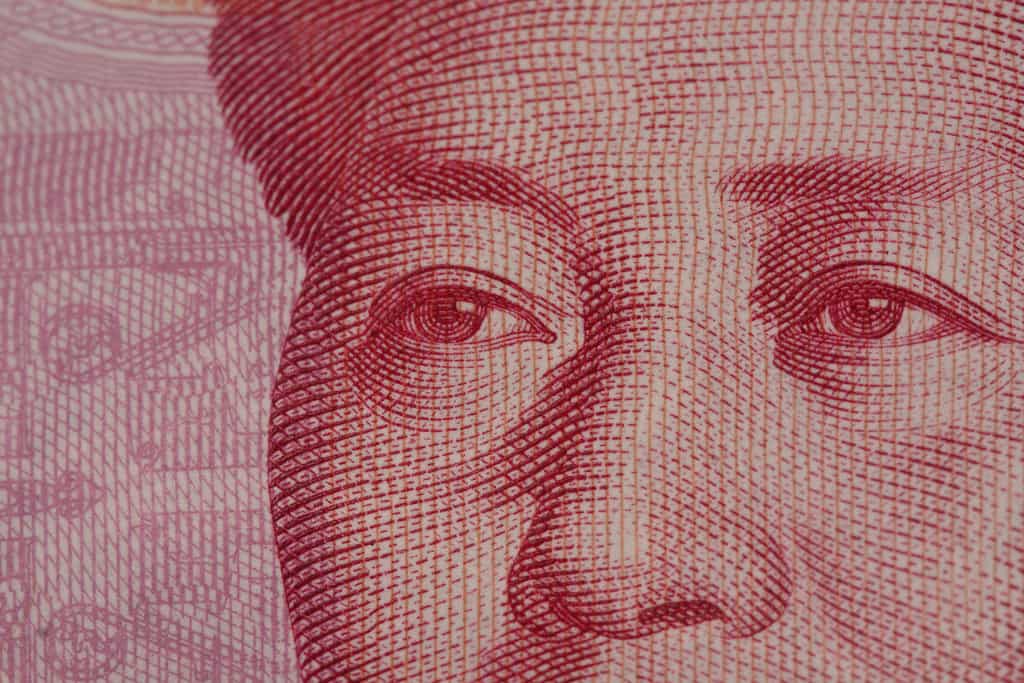Analysts see the global role of the renminbi rising on the back of record demand for Chinese assets, as China emerges as the first major economy to stage a recovery from impacts of the COVID-19 pandemic.
The Financial Times reports that Chinese assets are seeing record demand from foreign investors in 2020 due to the strong yields they provide compared to other major economies.
Foreign investment in China’s onshore bond market was 615 billion yuan for the period from January to August, lifting foreign holdings to 2.8 trillion yuan in total, while net inflows into the equity market were 93 billion yuan for the same period, lifting foreign holdings to over 1 trillion yuan.
China’s early recovery from the COVID-19 pandemic has made it far more appealing as an investment destination for international capital, as other major economies continue to flounder in their efforts to contain the disease.
Containment of COVID-19 in China has given it greater leeway with regard monetary and fiscal policy, just as major central banks around the world are slashing their rates.
While a 10-year Chinese government bond currently offers a yield of around 2.7%, US Treasuries of the same tenor provide less than 0.8%.
An annual survey by UBS Asset Management has found that reserve managers have raised their 1-year renminbi allocation targets to 5%, for an increase of nearly 1 percentage point compared to last year.
“If you are a reserve manager, return has to play a role,” said Max Castelli, head of strategy for sovereign institutions at UBS Asset Management. “The fixed income investment case for China is very strong.”
Analysts say efforts by Chinese authorities to let the market play a greater role in determining the value of the renminbi have significantly heightened its appeal to foreign investors, despite ongoing concerns about restricted convertibility.
While in the past the Chinese central bank has been wont to devalue the renminbi to contend with economic difficulties, in 2020 it has refrained from such measures to deal with COVID-19, instead resorting to alternative fiscal policy.

